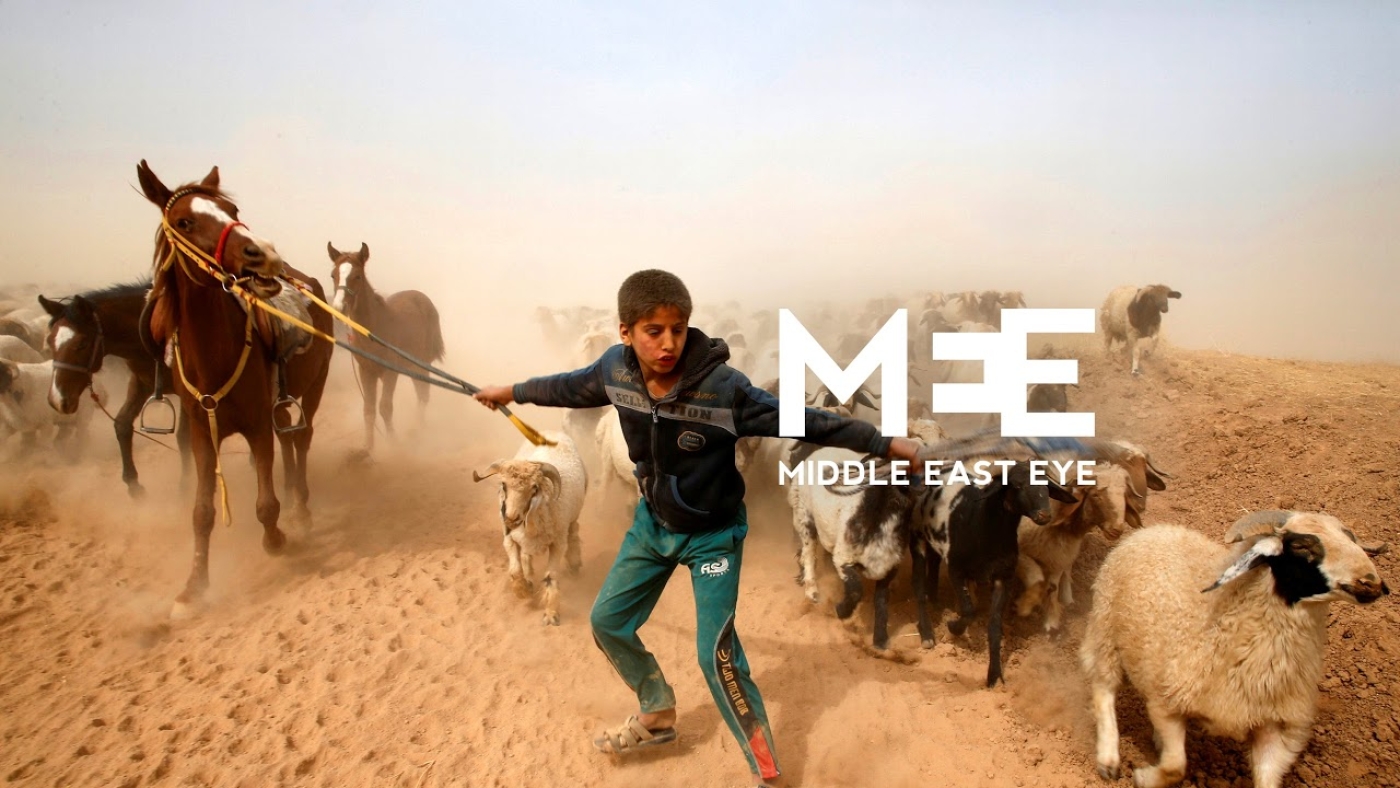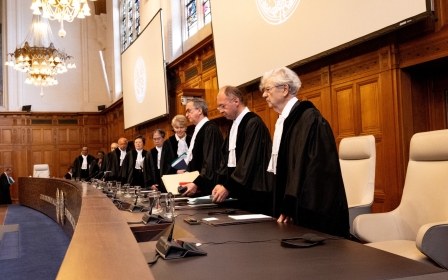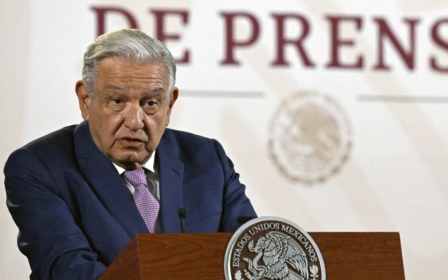Watch live: ICJ delivers advisory opinion on Israeli occupation
The International Court of Justice (ICJ) is set to issue an advisory opinion on Friday regarding the legal consequences of Israel's occupation of Palestinian territories since 1967.
While the decision is non-binding, it could increase pressure on Israel over its assault on Gaza.
This development coincides with a separate case brought by South Africa to the ICJ, accusing Israel of committing genocide in the enclave.
In January, the ICJ ordered Israel to prevent genocidal acts against Palestinians in Gaza, allow more humanitarian aid to enter and preserve evidence of violations.
However, humanitarian organisations have repeatedly criticised Israel's aid restrictions, as famine threatens the area.
New MEE newsletter: Jerusalem Dispatch
Sign up to get the latest insights and analysis on Israel-Palestine, alongside Turkey Unpacked and other MEE newsletters
Tarik Jasarevic, a spokesperson for the World Health Organisation (WHO), told reporters on Friday that the agency has been unable to deliver medical aid to Gaza since 6 May.
"We don't have fuel. We have hospitals under evacuation orders. We have a situation where we cannot move physically," he said.
The ICJ, also known as the World Court, was established in 1945 to resolve disputes between states and should not be confused with the treaty-based International Criminal Court (ICC), also in The Hague, which handles war crimes cases against individuals.
South Africa and Israel are signatories to the 1948 Genocide Convention, giving the ICJ jurisdiction over disputes regarding the treaty. While the case focuses on the Israeli-occupied Palestinian territories, Palestinians do not have an official role in the proceedings.
All signatories of the Genocide Convention are obligated to prevent and punish genocide. The treaty defines genocide as "acts committed with intent to destroy, in whole or in part, a national, ethnical, racial or religious group".
Middle East Eye delivers independent and unrivalled coverage and analysis of the Middle East, North Africa and beyond. To learn more about republishing this content and the associated fees, please fill out this form. More about MEE can be found here.





